- Home
- Furnishings Appliances Hospitality
- Appliances
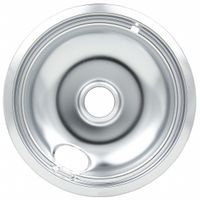
Appliance Equipment Parts
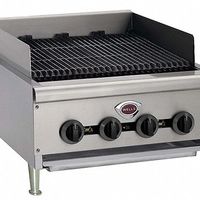
Charbroilers, Griddles & Presses
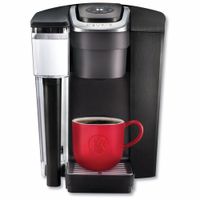
Coffee & Tea Brewing Equipment
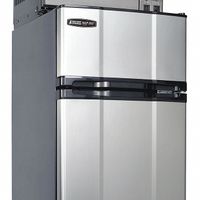
Combination Refrigerator-Microwaves
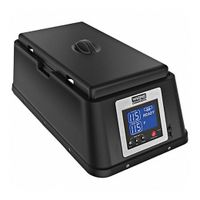
Countertop Cookers, Warmers & Rethermalizers
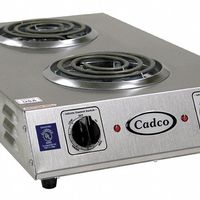
Countertop Ranges & Hot Plates
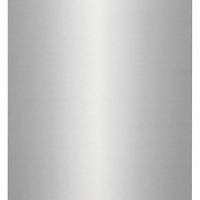
Dishwashers
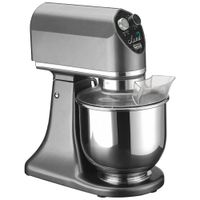
Food Processors, Mixers & Blenders
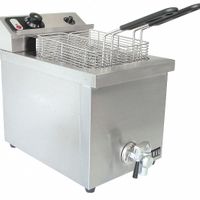
Fryers & Baskets
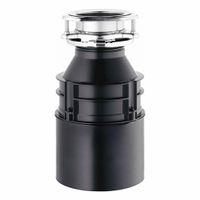
Garbage Disposals & Mounting Hardware
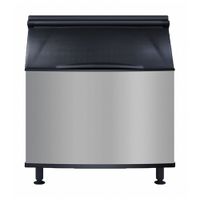
Ice Machines & Accessories
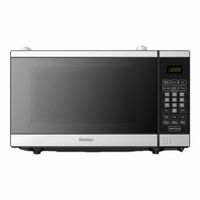
Microwaves
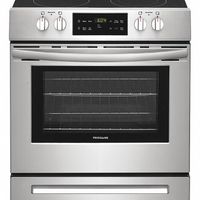
Ovens & Warming Equipment
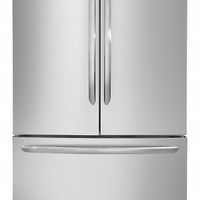
Refrigerators & Freezers
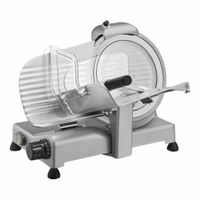
Slicers & Grinders
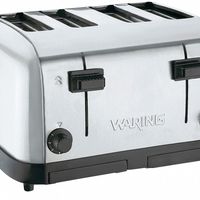
Toasters
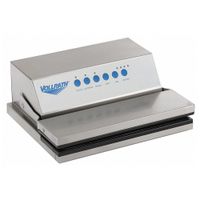
Vacuum Pack Machines & Bags
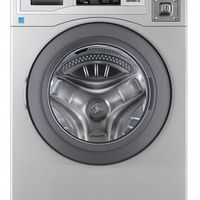
Washing Machines & Dryers
Frequently Asked Questions
How do I clean my oven?
What is the best way to descale a coffee maker?
How do I troubleshoot a dishwasher that won't start?
What is the best air fryer for home use?
How do I remove odors from my refrigerator?
How do I clean a microwave safely?
What is the best way to clean stainless steel appliances?
How do I fix a washing machine that won't drain?
What is the best blender for making smoothies?
How do I maintain a commercial kitchen range?